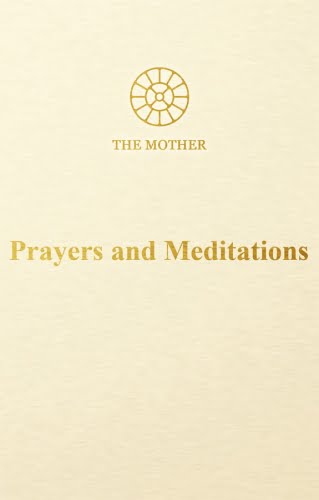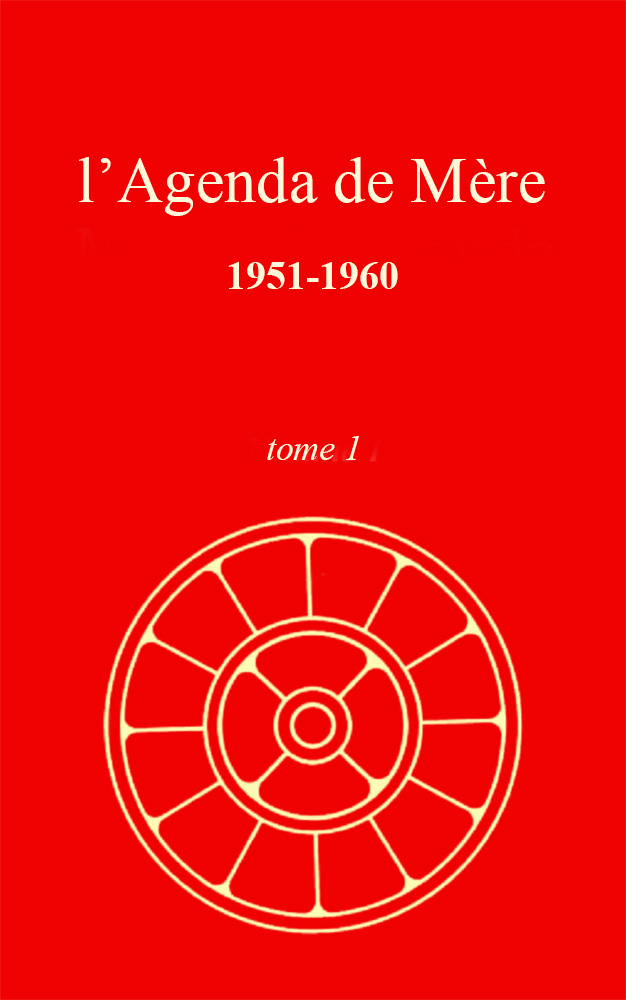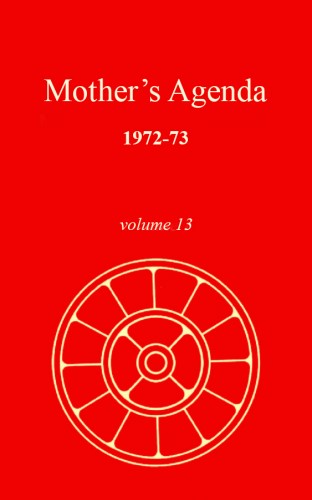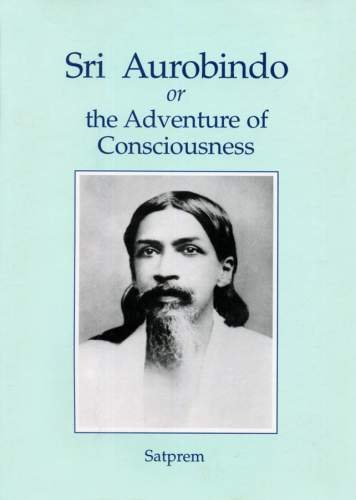Prayers and Meditations (CWM Vol.1)
Prayers And Meditations
Collected Works of the Mother Volume 1
Prayers and Meditations consists of extracts from the Mother’s spiritual diaries. Most of them are from the period 1912 to 1917. The 313 prayers reproduced here were selected by the Mother for publication. Written in French, they appear here in English translation.
A small collection of prayers — about one-fifth of the total — was brought out in English in 1941. Sri Aurobindo translated some of those prayers himself and, in the other cases, revised translations made by disciples.
This book comprises extracts from a diary written during years of intensive yogic discipline. It may serve as a spiritual guide to three principal categories of seekers: those who have undertaken self-mastery, those who want to find the road leading to the Divine, those who aspire to consecrate themselves more and more to the Divine Work. — The Mother




